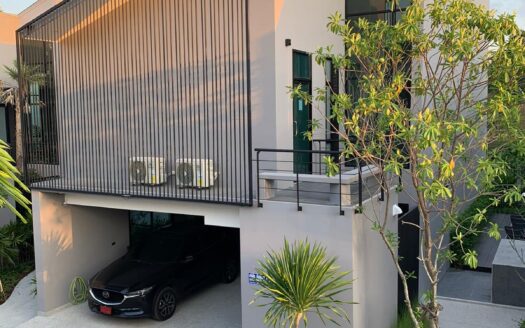7 Things to Remember before Buying Real Estate in Thailand
Take a quick poll of tourists flying home after visiting Thailand for the first time. Ask them if they wanted to own a property in Thailand. Certainly, a large portion of people would say ‘yes.’ Let’s admit it. This tropical paradise has everything to be the ideal destination of owning a property and retiring peacefully.
Whether you are mulling this idea for a while or it suddenly appeared to you while exploring Bangkok at night, you are not the only one considering it. After all, Bangkok is one of the world’s foremost tourist destinations.
Bangkok represents the rich and elegant Thai culture, offering travelers a sense of Asian mystic and at the same time has every amenity needed for a modern lifestyle. This fantastic notion of the east meets west is one of the biggest draws for travelers who have gone forward to owning a property in Thailand.
In this amazing city, the unofficial Venice of the East invites tourists to explore an eclectic mix of attractions. In the daytime, you can explore the ancient temples and palaces and enjoy the fast-paced entertainment that Bangkok’s nightlife is famous for. Besides, it’s also only a short flight from world-class beaches, grand mountains, and other Southeast Asian countries in its vicinity. Given all that, it is not hard to assume why so many people want to own real estate in Bangkok.
However, before you move in to your dream destination, it is important to know the facts. What is the reality of buying a property in Bangkok? Foreigners must oblige to a set of strict rules while buying a property in Thailand. We have done the hard work and summarized it all in the following seven points.
- Foreigners cannot own land in Thailand
The law prohibits foreigners from owning land in Thailand. If you intend to purchase land nonetheless, there are only two options. First, you cannot own the property, but you can lease it for an extended duration of 30 years. In most of these scenarios, the foreigner marries a Thai citizen and the latter purchases the land and stipulates the lease. If you want to acquire property by this route, you need to ensure that the information mentioned on the deed is accurate and the leased land has an appropriate title deed.
The other alternative you can pursue is to set up a Thai limited company. If you decide to set up one, as a foreigner, you cannot hold more than 49% of the company’s shares. It must be 51% owned by a real Thai citizen. The only exception here is for United States citizens, who have an agreement of full ownership with Thailand. Later on, the Thai owners can sign over the company to you. However, the immigration office will be notified, and they will monitor you closely. All houses, detached houses, and detached houses are described as ‘landed’ property in Thailand. A foreign national cannot own any of it without the assistance of a Thai national.
- You can own a condo
Due to the aforementioned complications with land deals, many foreigners inquire whether it’s possible to own a condo in Thailand. Yes, you can. Unlike buying land, you can have 100% ownership of a freehold condominium. The law governing here is the 1979 Thailand Condominium Act. The only stipulation is that 51% of the building housing the condo is owned by a Thai national. This means that 49% of units can be sold to anyone, Thai and non-Thai. So, a non-Thai, non-resident foreigner can have 100% ownership of a condo in Thailand.
- Acquiring a Loan
There are a few financial stipulations of owning a condo. In general, as a foreigner, you will find it difficult to secure a loan from a Thai bank. This holds true even for those people who are living in Thailand for a few years on permits and non-immigrant visas. However, this can be easily resolved. Even if you do not have a history of working in Thailand, you can obtain a loan from a bank in your home country. If the property is going to be owned by a foreigner, the money is going to come from overseas anyway.
- Practice due diligence in owning a property in Thailand
You need to observe due diligence to ensure that you get a sound deal buying a property in Thailand. In the last 15 years, property values in Bangkok have grown radically due to a “hands-off” approach from the government. Property developers have been virtually provided with free rein to build as much as they like. However, this has led to substandard regulatory oversight in condo construction.
A developer may say the condo is a European standard, but a quick tour reveals that corners have been cut. This is why a great majority of condos have structural problems well within five years of their construction. You need to do a little leg work and check it out with a few other owners to see if they are happy with the construction, maintenance, and quality of the condo. If you are unsure, contact a real estate agent who would inspect for you.
- Careful about the initial deposit
It’s an open secret that property developers and agents want to sell the property fast. Take your time and instruct your agent to find a good condo. After you finally find the dream property, typically, the first step is to put down an initial deposit while your agent proceeds with the rest of the paperwork. Usually, the deposit will be in the range of being 10-15% of the purchase price.
This is deducted later on from the total purchase price. Make sure that there is an exit clause in the deposit that makes it subject to acquiring the condo. Also, inquire beforehand whether it will be mentioned on what conditions is the deposit refundable. Make sure that these terms and conditions are available to you in writing and you have a receipt of the deposit.
- Attending to the legacy
Folks who are looking forward to buying a Thai property as a part of their retirement plan should note that things can become complex in your absence. Just so that your children have no problems in inheriting your Thai property, you must take a few vital steps. Make sure that you have a last will in both your home country and in Thailand.
- Taxes
Foreigners owning a condo in Thailand do not have to pay anything in taxes. Land and house taxes do not apply to condominiums. The building owner is still liable to pay property taxes. You should always contact a lawyer to have an escrow account tied to your condo in case the taxation system is unclear. However, there are other taxes associated with the purchase. If you want to sell the condo, expect to pay transfer fees, document fees, and taxes that were absent during the time of ownership. You should also make it a point to stay tuned to real estate news regarding any latest change in the taxation policy of the Thai government.
IBG property has established itself as a premium real estate agent in Phuket. Please visit our website to see our listings on villas and condominiums. We will handle all aspects of the real estate deal, including legal issues and management.






